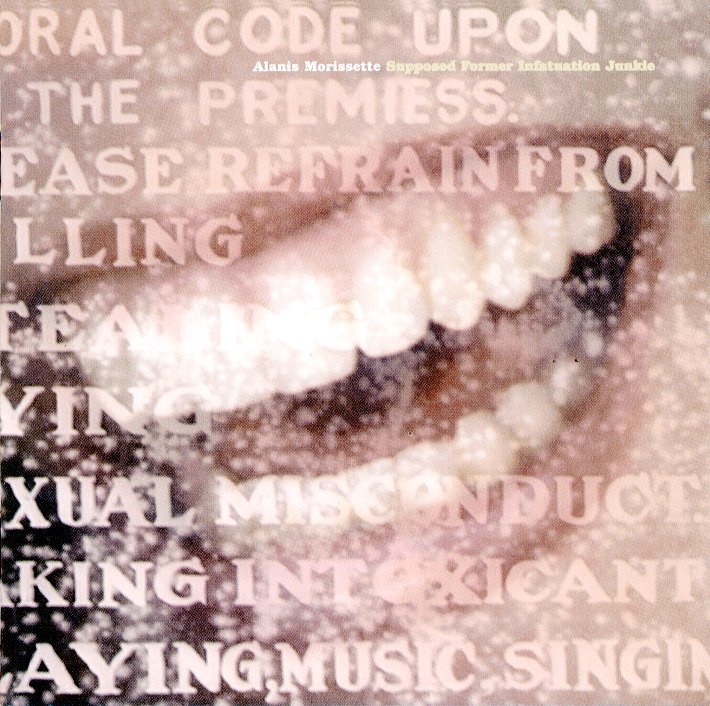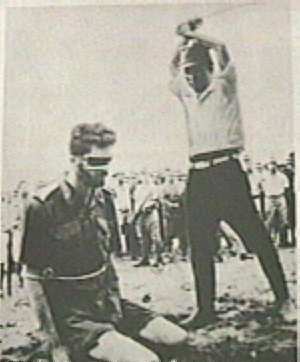Museum of Russian Vodka "A figure in monastic robes catches the eye of a visitor at the Museum of Russian Vodka near Izmailovo Market. The museum moved to Moscow from St. Petersburg and had its new grand opening this week. Its exhibits tell the story of vodka starting in the 15th century, when it was distilled in monasteries. Visitors can enjoy vodka tastings in a room decorated like a 19th-century traktir, or inn. The museum is in the white-towered "kremlin" at Izmailovo, near Partizanskaya metro station, and is open daily from noon to midnight. Photograph by Michael Eckels."
"A figure in monastic robes catches the eye of a visitor at the Museum of Russian Vodka near Izmailovo Market. The museum moved to Moscow from St. Petersburg and had its new grand opening this week. Its exhibits tell the story of vodka starting in the 15th century, when it was distilled in monasteries. Visitors can enjoy vodka tastings in a room decorated like a 19th-century traktir, or inn. The museum is in the white-towered "kremlin" at Izmailovo, near Partizanskaya metro station, and is open daily from noon to midnight. Photograph by Michael Eckels." via
The Moscow Times*****

Beer
1 In those old days which poets say were golden --
2 (Perhaps they laid the gilding on themselves:
3 And, if they did, I'm all the more beholden
4 To those brown dwellers in my dusty shelves,
5 Who talk to me 'in language quaint and olden'
6 Of gods and demigods and fauns and elves,
7 Pan with his pipes, and Bacchus with his leopards,
8 And staid young goddesses who flirt with shepherds:)
9 In those old days, the Nymph called Etiquette
10 (Appalling thought to dwell on) was not born.
11 They had their May, but no Mayfair as yet,
12 No fashions varying as the hues of morn.
13 Just as they pleased they dressed and drank and ate,
14 Sang hymns to Ceres (their John Barleycorn)
15 And danced unchaperoned, and laughed unchecked,
16 And were no doubt extremely incorrect.
17 Yet do I think their theory was pleasant:
18 And oft, I own, my 'wayward fancy roams'
19 Back to those times, so different from the present;
20 When no one smoked cigars, nor gave At-homes,
21 Nor smote a billiard-ball, nor winged a pheasant,
22 Nor 'did' her hair by means of long-tailed combs,
23 Nor migrated to Brighton once a year,
24 Nor -- most astonishing of all -- drank Beer.
25 No, they did not drink Beer, 'which brings me to'
26 (As Gilpin said) 'the middle of my song.'
27 Not that 'the middle' is precisely true,
28 Or else I should not tax your patience long:
29 If I had said 'beginning,' it might do;
30 But I have a dislike to quoting wrong:
31 I was unlucky -- sinned against, not sinning --
32 When Cowper wrote down 'middle' for 'beginning.'
33 So to proceed. That abstinence from Malt
34 Has always struck me as extremely curious.
35 The Greek mind must have had some vital fault,
36 That they should stick to liquors so injurious --
37 (Wine, water, tempered p'raps with Attic salt) --
38 And not at once invent that mild, luxurious,
39 And artful beverage, Beer. How the digestion
40 Got on without it, is a startling question.
41 Had they digestions? and an actual body
42 Such as dyspepsia might make attacks on?
43 Were they abstract ideas -- (like Tom Noddy
44 And Mr. Briggs) -- or men, like Jones and Jackson?
45 Then nectar -- was that beer, or whisky-toddy?
46 Some say the Gaelic mixture, I the Saxon:
47 I think a strict adherence to the latter
48 Might make some Scots less pigheaded, and fatter.
49 Besides, Bon Gaultier definitely shows
50 That the real beverage for feasting gods on
51 Is a soft compound, grateful to the nose
52 And also to the palate, known as 'Hidgson.'
53 I know a man -- a tailor's son -- who rose
54 To be a peer: and this I would lay odds on,
55 (Though in his Memoirs it may not appear,)
56 That that man owed his rise to copious Beer.
57 O Beer! O Hodgson, Guinness, Allsopp, Bass!
58 Names that should be on every infant's tongue!
59 Shall days and months and years and centuries pass,
60 And still your merits be unrecked, unsung?
61 Oh! I have gazed into my foaming glass,
62 And wished that lyre could yet again be strung
63 Which once rang prophet-like through Greece, and taught her
64 Misguided sons that the best drink was water.
65 How would he now recant that wild opinion,
66 And sing -- as would that I could sing -- of you!
67 I was not born (alas!) the 'Muses' minion,'
68 I'm not poetical, not even blue:
69 And he, we know, but strives with waxen pinion,
70 Whoe'er he is that entertains the view
71 Of emulating Pindar, and will be
72 Sponsor at last to some now nameless sea.
73 Oh! when the green slopes of Arcadia burned
74 With all the lustre of the dying day,
75 And on Cithæron's brow the reaper turned,
76 (Humming, of course, in his delightful way,
77 How Lycidas was dead, and how concerned
78 The Nymphs were when they saw his lifeless clay;
79 And how rock told to rock the dreadful story
80 That poor young Lycidas was gone to glory:)
81 What would that lone and labouring soul have given,
82 At that soft moment for a pewter pot!
83 How had the mists that dimmed his eye been riven,
84 And Lycidas and sorrow all forgot!
85 If his own grandmother had died unshriven,
86 In two short seconds he'd have recked it not;
87 Such power hath Beer. The heart which Grief hath cankered
88 Hath one unfailing remedy -- the Tankard.
89 Coffee is good, and so no doubt is cocoa;
90 Tea did for Johnson and the Chinamen:
91 When 'Dulce est desipere in loco'
92 Was written, real Falernian winged the pen.
93 When a rapt audience has encored 'Fra Poco'
94 Or 'Casta Diva,' I have heard that then
95 The Prima Donna, smiling herself out,
96 Recruits her flagging powers with bottled stout.
97 But what is coffee, but a noxious berry,
98 Born to keep used-up Londoners awake?
99 What is Falernian, what is Port or Sherry,
100 But vile concoctions to make dull heads ache?
101 Nay stout itself -- (though good with oysters, very) --
102 Is not a thing your reading man should take.
103 He that would shine, and petrify his tutor,
104 Should drink draught Allsopp in its 'native pewter.'
105 But hark! a sound is stealing on my ear --
106 A soft and silvery sound -- I know it well.
107 Its tinkling tells me that a time is near
108 Precious to me -- it is the Dinner Bell.
109 O blessed Bell! Thou bringest beef and beer,
110 Thou bringest good things more than tongue may tell:
111 Seared is, of course, my heart -- but unsubdued
112 Is, and shall be, my appetite for food.
113 I go. Untaught and feeble is my pen:
114 But on one statement I may safely venture:
115 That few of our most highly gifted men
116 Have more appreciation of their trencher.
117 I go. One pound of British beef, and then
118 What Mr. Swiveller called a 'modest quencher';
119 That home-returning, I may 'soothly say,'
120 'Fate cannot touch me: I have dined to-day.'
Charles Stuart Calverley

















































